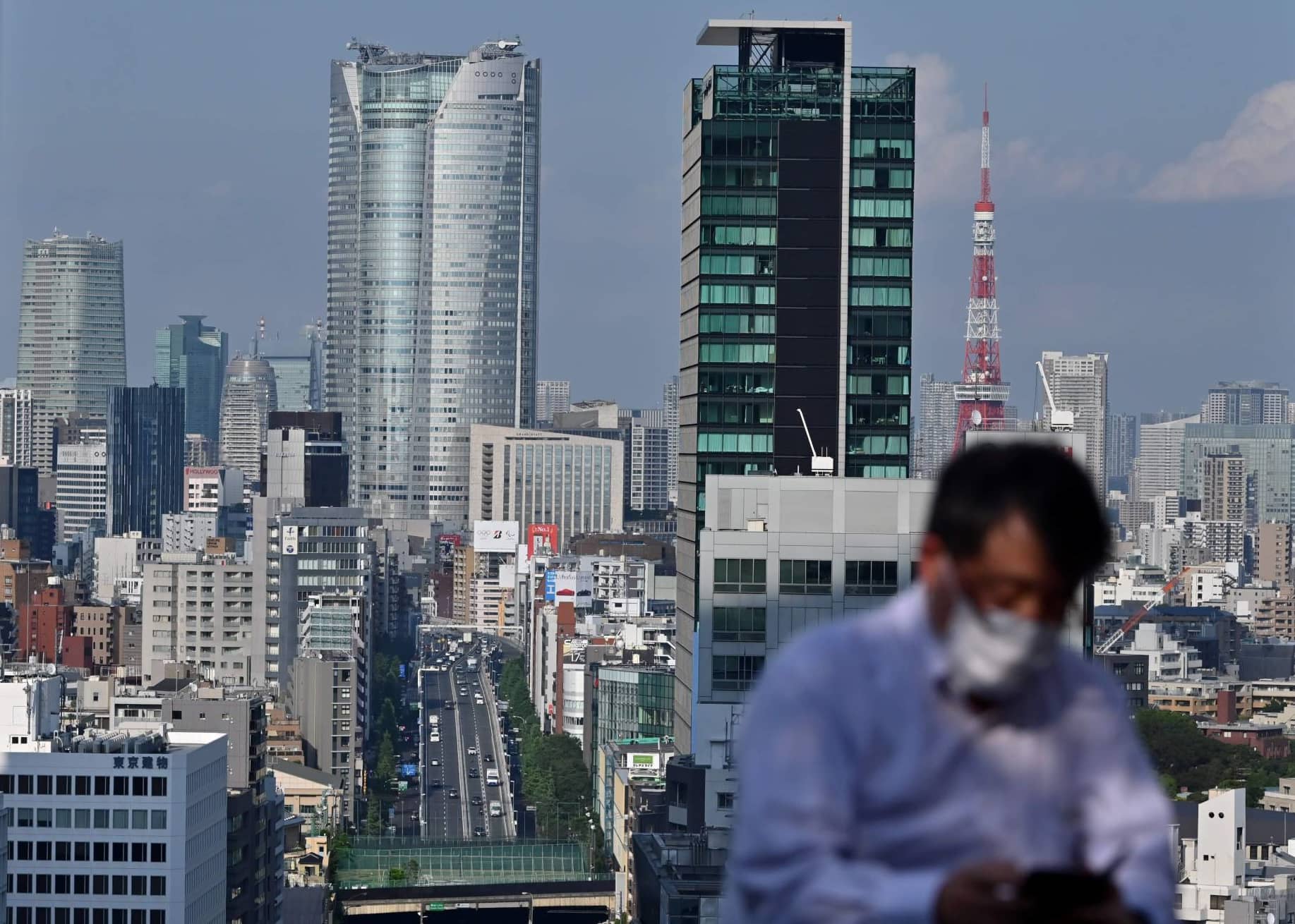A crisis exposes the contradiction inherent in a society in various forms. That is an important lesson from history. The confusion caused by the COVID-19 crisis has brought various problems of Japanese society into focus. But that also means an opportunity to drastically reform society in one go. It must be closely watched whether the government will address those problems in its basic economic and fiscal policies and growth strategy to be released this summer.
The first question concerns promoting cashless payments. Among major developed countries, the ratio of cashless settlement remains low in Japan, along with Germany. Symbolic of this problem is the old-fashioned system of settlements among banks. In such countries as the United States, Britain and France, interbank transfers do not require any fee equivalent to the one charged in Japan because a fee is commonly imposed on the maintenance of bank accounts. In Japan, a fee of ¥117 is required for transfer of less than ¥30,000 and ¥162 for ¥30,000 or more. The high fees are hampering the spread of cashless settlement. The interbank transfer fees in Japan have not been changed for more than 40 years.
In a sense, Japan’s banking system was solidly built over the industry's long history. On the other hand, it is tough to adapt to a new system. Whether reform of the interbank settlement system will proceed this time will serve as a touchstone for overall reform of Japan for better or worse. Also important will be the next phase of reform — how to make use of the big data that promotion of cashless payments is expected to collect. Japan needs to promptly build a strategy to deal with this kind of leading-edge issues so that it can use the fruits of the Fourth Industrial Revolution for economic growth.



















With your current subscription plan you can comment on stories. However, before writing your first comment, please create a display name in the Profile section of your subscriber account page.